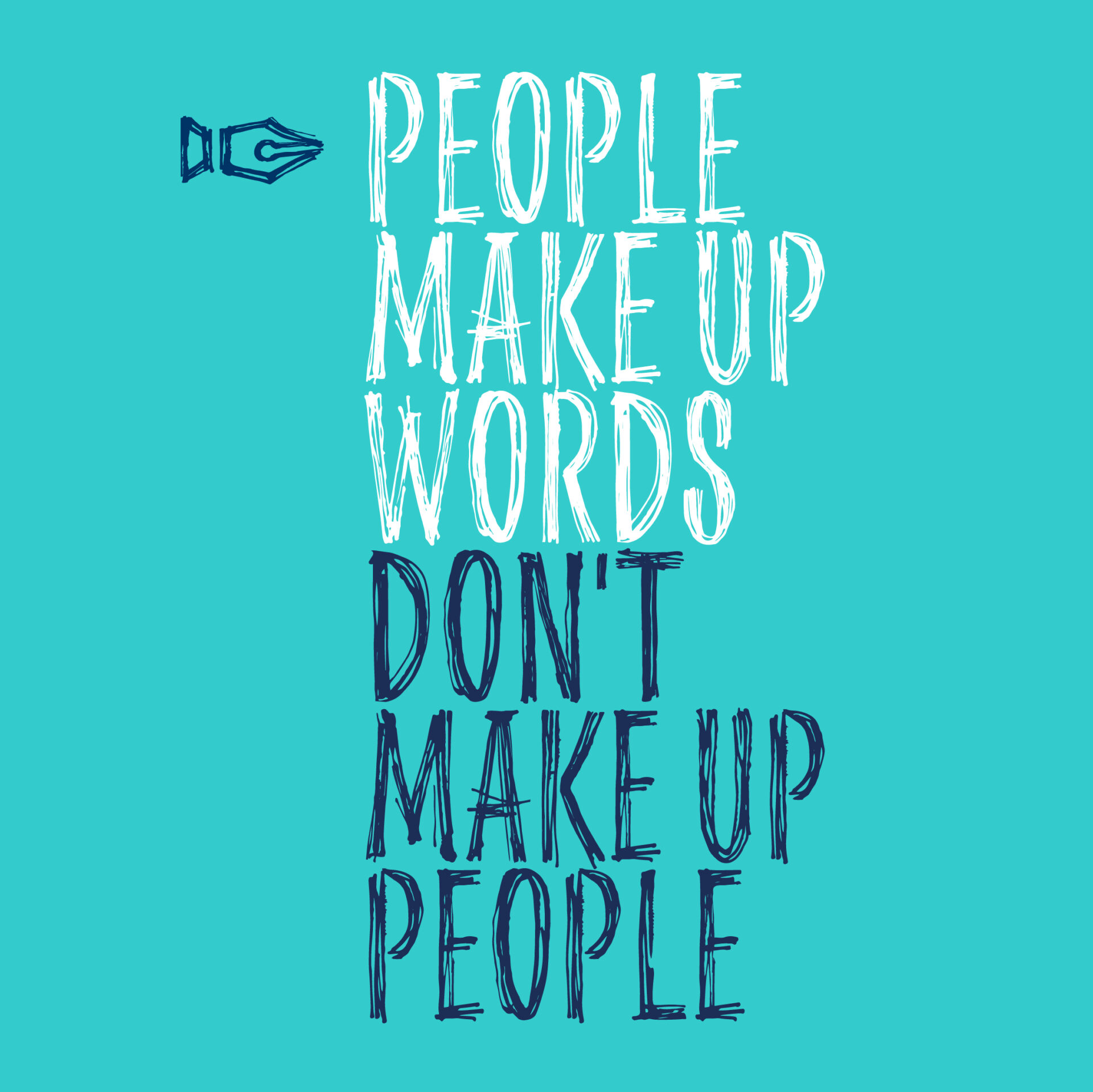What does poverty and human rights mean to you?
As part of GRIPP’s project co-design process (read more about the project here) over the summer 2022, members of grassroots projects spoken with members of their communities about what terms like poverty and human rights meant to them. Just the start of community conversations flushes out the reality of lives and the disconnect form Human Rights as a mechanism for change.
Poverty means many things to people – not being able to participate in social life, worrying, not sleeping, having no hopes or aspirations for the future, wondering where the next meal is coming from, not daring to open the post, feeling helpless and having no control.
Some of the quotes below capture the feelings and thoughts held by people who are struggling to get by:

‘I can’t get a job – I am getting on a bit and there is not enough work for the youngsters. I have a history of drug use and have worked hard to stay clean, but who is gonna employ me’
‘That last week before you get your money is a killer, I have to hope my mam or someone can give us a borrow. If not, I have nowt then we all have to go without’
‘I help my kids out which leaves me short. I lend them money to get by because they can’t afford to live. I put £10 om my daughters electric the other day. I doubt I will get this back as she doesn’t have enough money’
‘I have not been paying my bills and going without food in order to do something for them and put a smile on my children’s faces. Do you know there are only so many times you can go to the same beach or park’
‘I’m gutted every time I go shopping and can’t pick up much’
‘I can’t remember the last time I had a good night’s sleep – I worry all the time and don’t see a light at the end of this dark tunnel. What’s the point in even being here’
‘The summer holidays are scary – how am I gonna keep the kids happy. I feel so bad that they can’t do what other kids seem to be doing. They have just put a show on in town and if I were to take my kids, it would cost over a £100, I can’t afford that. I don’t even know how I am gonna get all the new uniforms’
‘I can’t afford to think about myself and have any kind of life, I have to put my kids first. It would be great to do a spa or something, but people would say that you can’t do that, who do you think you are so you’ve got to go without and just do what you can. But do you know, if I feel better, I also feel better around my kids. They see I am a bit more chilled’
‘Do you know that there is a lot of stigma associated with ‘being poor’ – people look down there noses at you. If you come here (a community centre), people already know that you must be struggling’
Groups found that talking about poverty is difficult – people find it a tricky word because there is so much shame attached to it. People were more comfortable to talk about “people who have to go without” or “people who can’t work”.
This reminds us of the opening preamble to the Convention on Economic Social and Cultural Rights which talks about the ideal of free human beings enjoying freedom from fear and want can only be achieved if conditions are created whereby everyone may enjoy his economic, social and cultural rights, as well as his civil and political rights. To talk about lives ‘free of fear and want’ feels more accessible.
With communities not used to talking about poverty as a human rights violation GRIPP needs to work to build an understanding of how these two discourses intersect and build a shared understanding across our communities.
* Quotes taken form community conversations held by ATD Fourth World, Intisaar, RAPAR and Thrive Teesside.
